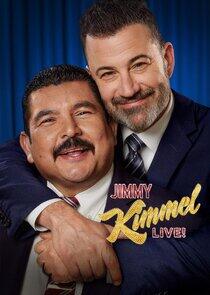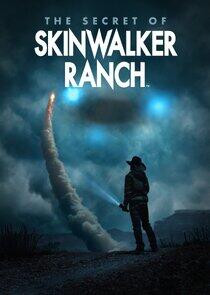The Mystery of the Jurassic

Trailer
Recently Updated Shows

Jimmy Kimmel Live
Jimmy Kimmel Live features a diverse lineup of guests that include celebrities, athletes, musical acts, comedians and human-interest subjects, along with comedy bits and a house band.

The Floor
The Floor is a physical quiz show that sees 81 contestants face off in quiz duels on a giant LED floor divided into a 9×9 grid of squares, each representing its own field of knowledge.
The first challenger, selected at random, must choose one of his or her neighboring opponents to go head-to-head in an epic quiz duel in the opponent's category. The winner takes over the loser's square, gaining valuable ground as they expand their territory, while the loser exits the game. The winner must then choose – do they continue on and attempt to secure another square? Or do they let The Floor choose a new challenger? The last contestant standing who gains full control over The Floor takes home a life-changing $250,000 cash prize.

The Chi
The Chi is a timely coming-of-age story centering on a group of residents who become linked by coincidence but bonded by the need for connection and redemption. Kevin is the pre-teen who must step past shattered illusions and embrace the normal rites of childhood, while Brandon the dreamer makes his own nearly impossible leap of faith to succeed in life and love with girlfriend Jerrika. Emmett is the carefree teen is thrust into complex responsibility with guidance from his mother Jada, and Ronnie is the drifter whose struggle to love and be loved calls into question his every pursuit.

The Secret of Skinwalker Ranch
Gaining full and unprecedented access to one of the most infamous and secretive hotspots of paranormal and UFO-related activities on earth, The Secret of Skinwalker Ranch will feature a team of scientists and experts who will conduct a thorough search of this infamous 512-acre property located in Utah's Uinta Basin. They will attempt to find out the truth behind more than 200 years of mysteries - involving everything from UFO sightings and paranormal activities to animal mutilations and Native American legends of a shape-shifting creature known simply as The Skinwalker.
